US legal system can be a hurdle
Updated: 2015-03-26 11:29
By Paul Welitzkin in New York(China Daily USA)
|
|||||||||
As the Chinese increase investment in the US, they are discovering the American legal system, which in turn is being schooled about an ancient culture and people. The result is a steep learning curve for both sides, according to a panel of legal observers.
Attorneys examined how Chinese companies are adjusting to securities laws and the challenges facing lawyers in the US who are involved in litigation with the Chinese at a seminar entitled Chinese Companies and US Class Actions: Securities Litigation and Product Liability. It was held at the Benjamin N. Cardozo School of Law at Yeshiva University in New York on Tuesday.
Panel members discussed how tenets of American law are foreign to the Chinese, the problems associated with conducting proceedings in two different languages (English and Mandarin) and traits of Asian culture that can affect a legal strategy.
"The whole concept of a class-action lawsuit - most of the world doesn't accept this," said moderator Geoffrey Sant of Dorsey & Whitney LLP and director of the Chinese Business Lawyers Association.
Sant's colleague at Dorsey & Whitney, Richard Silberberg, who has been counseling Asian companies for more than 30 years, said US legal professionals need to ignore some popular myths about Asian clients, including one that claims Chinese companies will quickly settle existing or potential litigation because they don't have the resources allocated or they are terrorized by the American legal system.
"They are not prone to settle," Silberberg said. "Asians in companies have elevated the importance of being right over the cost of litigation."
Christopher Seeger of Seeger Weiss LLP was the only plaintiff (representing the suing party) attorney on the panel. He has been involved in litigation over defective drywall that was sold in the US by Chinese companies (along with others) following Hurricane Katrina.
Seeger represents homeowners who have had their homes ruined by drywall that may have had too much sulfur. A deposition involves lawyers from both sides questioning witnesses and it is a fairly standard procedure in US courts, he said. That isn't the case in China.
"First of all, I had to do my depositions (for the drywall case) in Hong Kong. Depositions aren't allowed in the Chinese mainland," Seeger said. "When you set up a deposition in Hong Kong you need interpreters because it must be recorded in English and Mandarin. We had huge arguments over testimony because of disagreements over language."
Last week Taishan Gypsum Company, a state-controlled company, agreed to pay the damages awarded to seven Virginia families. The judgment against Taishan dates back to 2010 when a federal judge ruled that the company was liable for $2.6 million to fix the homes of the seven families.
paulwelitzkin@chinadailyusa.com
(China Daily USA 03/26/2015 page2)
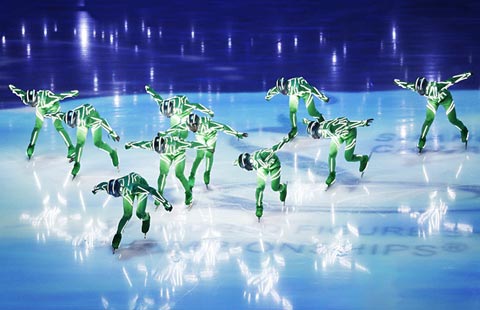
 ISU figure skating worlds opens in Shanghai
ISU figure skating worlds opens in Shanghai
 Canola flowers form the emblem of harmony
Canola flowers form the emblem of harmony
 Your city in the shape of tiny round planet
Your city in the shape of tiny round planet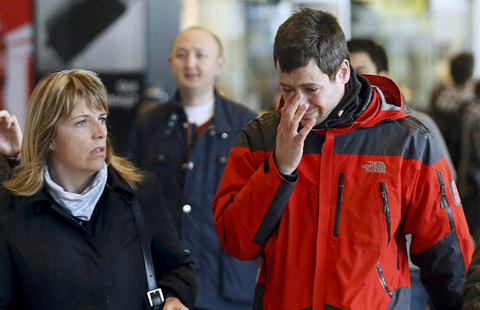
 Families mourn victims of Airbus A320 crash
Families mourn victims of Airbus A320 crash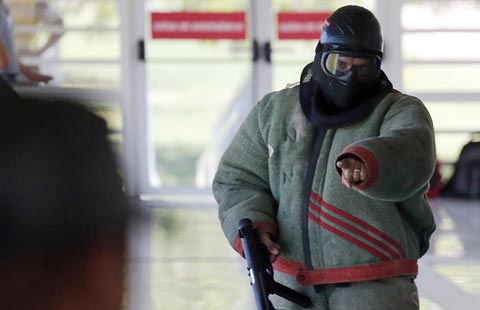
 38,000 Brazilian troops to safeguard 2016 Rio Olympics
38,000 Brazilian troops to safeguard 2016 Rio Olympics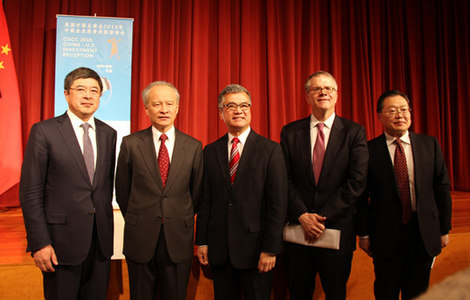
 Chinese investors well received
Chinese investors well received
 Top 9 cities in China with highest cost of living
Top 9 cities in China with highest cost of living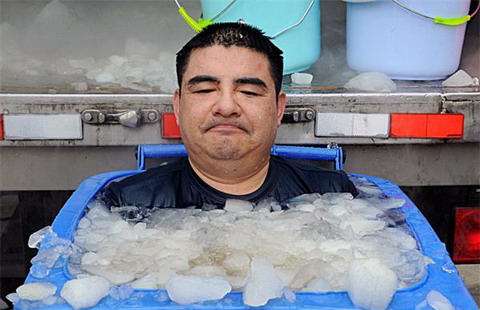
 Would you take a challenge for charity?
Would you take a challenge for charity?
Most Viewed
Editor's Picks

|

|

|

|

|

|
Today's Top News
US invites Brazil's Rousseff for official visit
US offers support to military action against Yemen's rebels
US sending Bill Clinton for Lee Kuan Yew's funeral
US military charges ex-Taliban captive Bergdahl
Cockpit voice recorder of crashed German plane found
US states reach out to China
Chinese investors well received
US states seek China ties at investment summit
US Weekly

|

|








